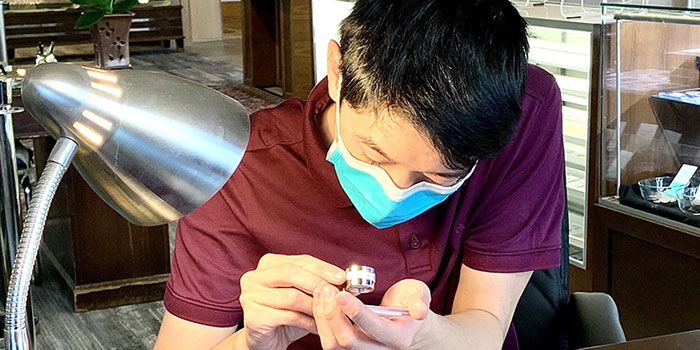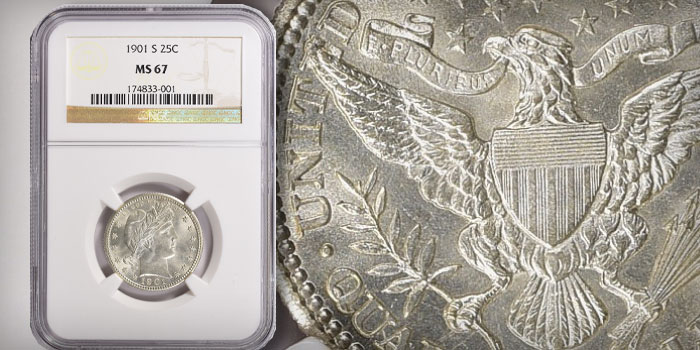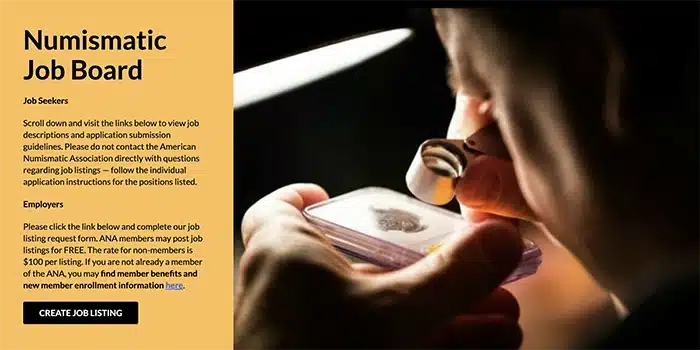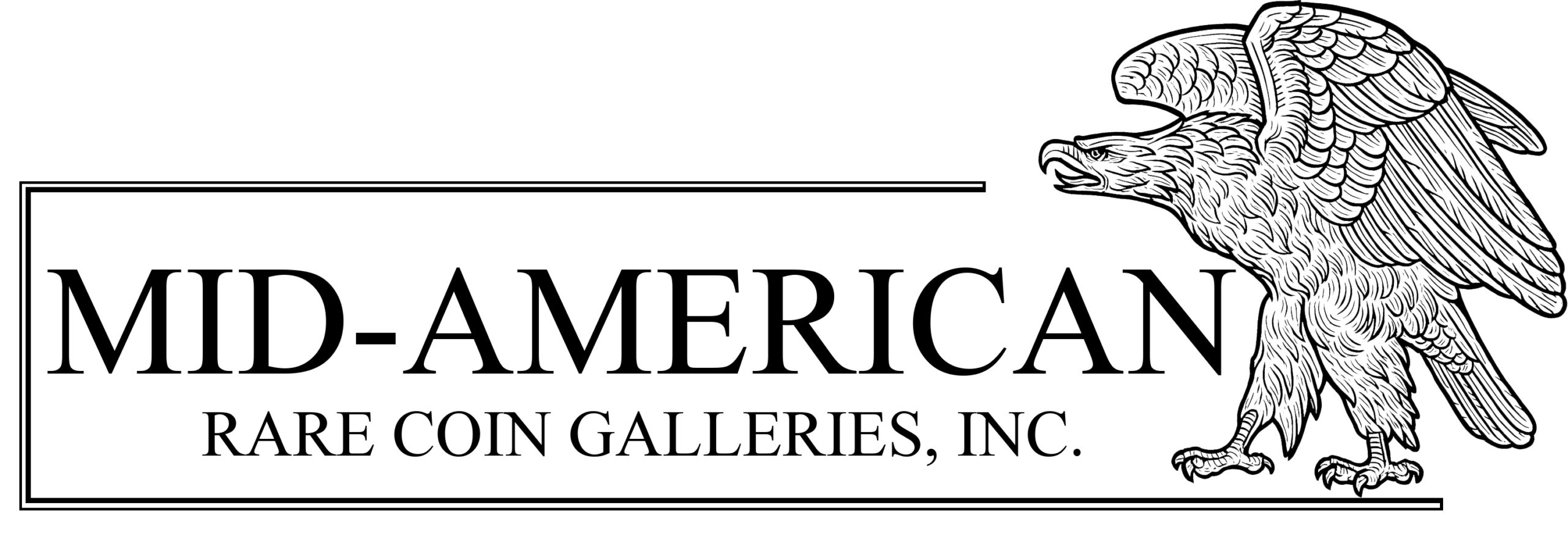One of the most amazing developments in numismatics recently has been the explosion of sharp young people entering the business. There are at least 50 to 100 new faces seen regularly at coin shows and other events. Many of these young people are already a competitive force at these shows, buying and selling tens of thousands of dollars’ worth of rare coins. For those concerned about the future of the hobby, you now have less to worry about.
Nearly everyone agrees that social media has played an important role in connecting these young people to numismatics and each other. There is an alternate universe of numismatic action seen daily on Instagram, Facebook, TikTok, Whatnot, and message boards. There are new online options being offered for numismatics at a frantic pace. It’s hard for us older dealers to keep up.
The Professional Numismatists Guild (PNG) has recently started a program called “NexGen” to encourage and enable young dealers. The program is being sponsored by former NGC Chairman Mark Salzberg. The first event for participants was at this year’s ANA convention in Pittsburgh. The opportunity for world-class numismatic mentorship is amazing for these young dealers. The PNG is committed to helping develop the next crop of world-class rare coin dealers.
Perhaps you are new to the game of numismatics and have thought about trying to become a professional rare coin dealer. Regardless of your age, numismatics offers a lot of ways to make a living. Knowing where and how to start can be the hard part. You will also need the skills to make it in the world of professional numismatics. Everyone’s path will be different, but the following may help you navigate the world of becoming a professional.
Start at a Young Age
 I started collecting coins at about the age of 10, and coins have been a huge part of my life ever since. I was fortunate to have lived in central Florida in the 1970s, which had and continues to have a very active coin community. There were multiple coin clubs and a lot of coin shops. My youthful interest was stimulated on a regular basis, and I had the great luck of having several early mentors who spent a lot of time teaching me about numismatics.
I started collecting coins at about the age of 10, and coins have been a huge part of my life ever since. I was fortunate to have lived in central Florida in the 1970s, which had and continues to have a very active coin community. There were multiple coin clubs and a lot of coin shops. My youthful interest was stimulated on a regular basis, and I had the great luck of having several early mentors who spent a lot of time teaching me about numismatics.
In 1974, at the age of 16, I won a scholarship to the ANA Summer Seminar. This really opened up a world that I had never experienced. Shortly thereafter, I decided that I wanted to become a rare coin dealer. For the next few years, my studies centered on numismatics rather than school. I did finish high school, but after much consideration, I decided to skip college.
This is one decision that I’m not sure I would recommend for everyone. For many, college could add to your skill levels concerning business, literature, history and much more. For me, I had to learn some very painful lessons the hard way that might have been avoided if I had gone to college. This is a very personal decision everyone must make for themselves.
My first coin job was working in a coin shop. This is one of the best ways to learn about the business. By working in a coin shop, you will see everything that numismatics has to offer. Learning to buy coins across the counter is a skill that many shops around the country need, and jobs for that are offered quite often.
Working in a coin shop will also help you learn a lot about the business of numismatics, everything from payroll to advertising. There is a lot to know about running a successful coin shop. Try finding someone who will let you learn from the ground up. After a few years, you can think about starting your own business as a professional numismatist.
Learning How to Grade is Key

Many individuals take these classes every summer and sometimes take the same class more than once. The reason for this is that learning how to grade is the single most important skill to master if you want to buy and sell coins. In my opinion, the level of success you achieve as a professional numismatist will probably depend on how proficient you become at grading coins and currency.
The ANA Summer Seminars also offer many other classes that would be helpful if you are interested in becoming a rare coin dealer. There is actually a class titled “The Business of Being a Coin Dealer: Concepts, Methods and Tools.” Other classes include photography, numismatic writing, authentication and early copper. I can tell you factually that a lot of people have launched their numismatic careers because of the ANA Summer Seminar, including some of the biggest names in the hobby.
Numismatic knowledge is the key to any successful career in the hobby. You may wish to concentrate on one series and become an expert on that. Abraham Lincoln stated, “Whatever you are, be a good one.” This applies to numismatics as well. There are a lot of individuals who started as specialized collectors and later became professionals. The experience gained by collecting can be very useful when trying to buy and sell coins for profit.
Other Jobs in Numismatics

There are many other ways to be a professional numismatist and make a living in the rare coin business other than buying and selling. Nearly every numismatic business in the country employs individuals as support for their operations. Many have a large sales staff and great salespeople are always in demand. Other skills that coin companies desire include photography, graphic arts, writing, advertising, marketing and many others.
And then of course, there are the third-party grading services.
The ANA website (money.org) has a job posting feature on its website. Companies also post jobs regularly in the numismatic press. There is also old-fashioned networking that is quite effective. Put the word out of your interest and let as many people know as possible.
Also, try to build relationships with other dealers whom you can trust for advice and guidance. Relationships are one of the most important assets for a successful rare coin dealer. I have had many important mentors during my career, and I would not have been successful without them.
A Few Words of Caution
If you try your hand at buying and selling coins, make sure to start off slowly. I have seen many novice dealers with a healthy bankroll build a large inventory only to find out that buying coins is much easier than selling them.
Start off slow and make sure you fully understand the area of numismatics you have chosen before you become a full-fledged professional numismatist. Also, be sure to concentrate on buying attractive coins and do not buy based on the price only. If you are not careful, you can quickly end up with a lot of bargains that are impossible to sell.
Making an upgrade on a rare coin can be exciting and profitable. Unfortunately, this can also be a very dangerous game that can be quite difficult. I could easily write an entire article on this subject alone. A lot of dealers do not fully consider the rather substantial grading fees and the possibility of coins actually downgrading. For many, it is addictive gambling that they find hard to resist. I suggest playing the upgrade game carefully until you become more experienced.
Summary
I am truly blessed to be a professional numismatist and do what I love for a living. Every day is exciting, and most days I look forward to going to work. You never know what that next phone call will be about. The call I received a few months ago from a guy who had found over 800 gold coins in a Kentucky cornfield is a great example! My life as a coin dealer is like the popular TV program Antiques Roadshow on a daily basis. You still have to run a business, which has its challenges, but in general, I’m living the dream. If you decide to pursue numismatics as a career, hopefully you also enjoy many years of success.
